The sky-high valuations of companies such as Arrival, Canoo, Lucid, Nio and even Tesla are already deflating. Of 23 electric vehicle manufacturer stocks tracked by the Financial Times in a chart entitled Electric Bubble Watch, all are down on their peaks, some by more than 70% as we went to print (including Arrival, Faraday Future, Lordstown and Workhorse).
In one crazy moment this year, Tesla was valued at more than the next nine largest manufacturers while selling fewer vehicles than Isuzu.

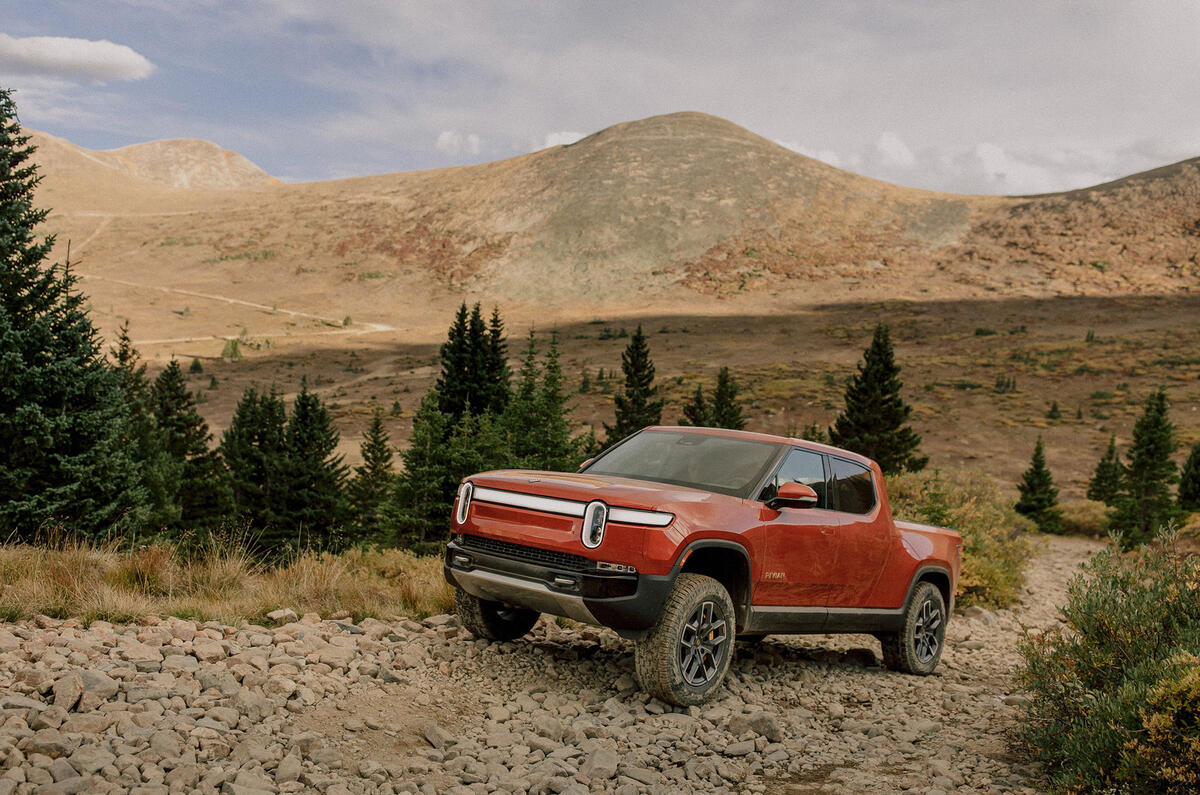
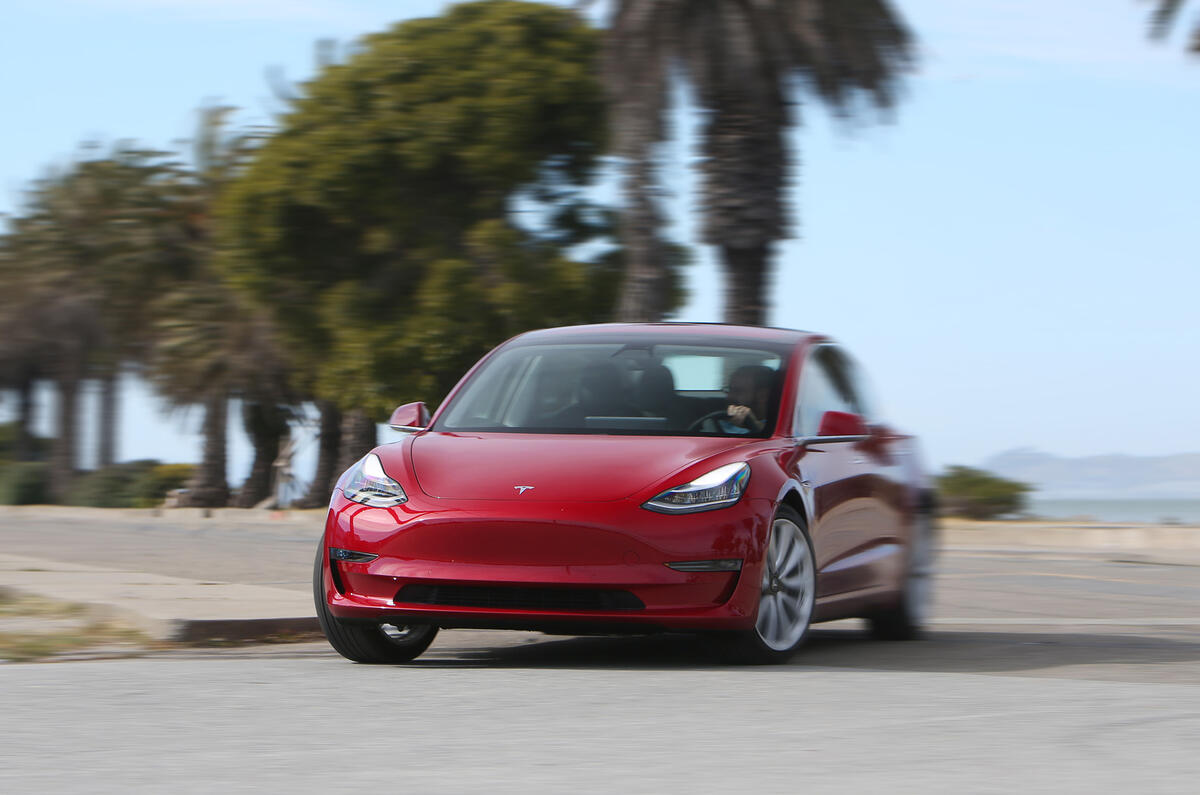
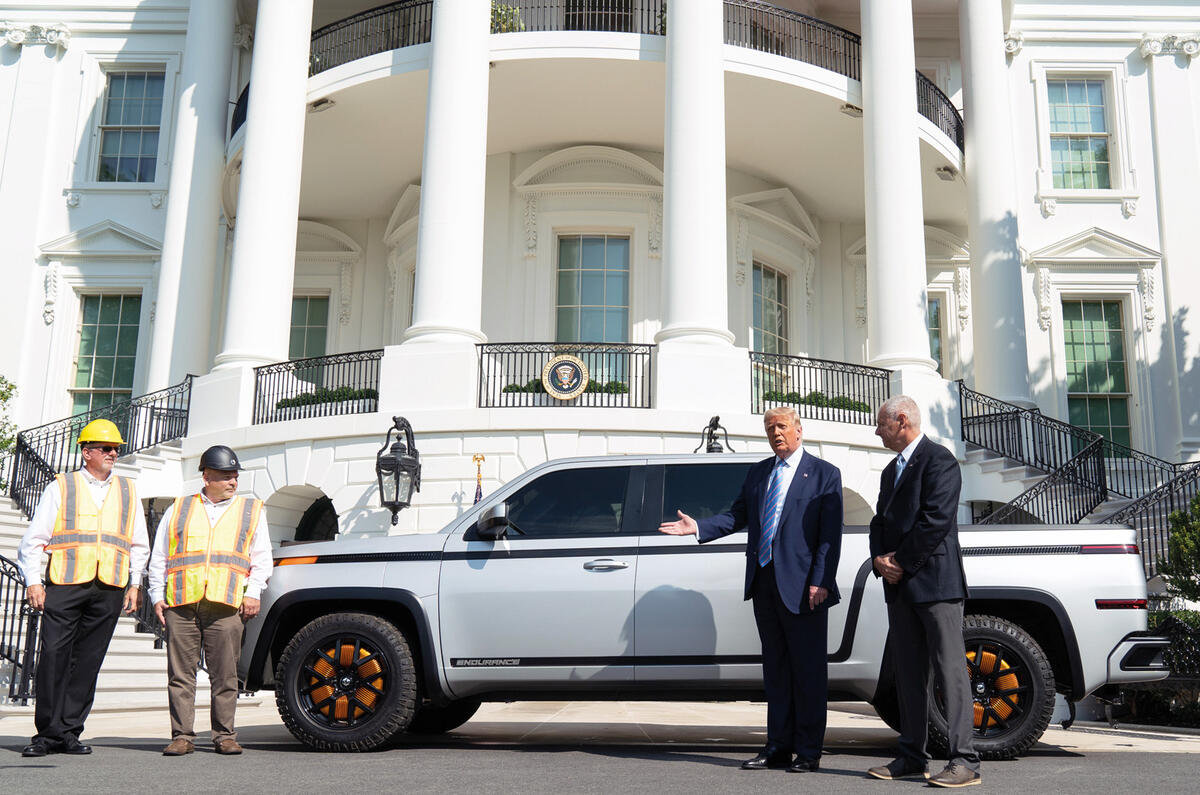
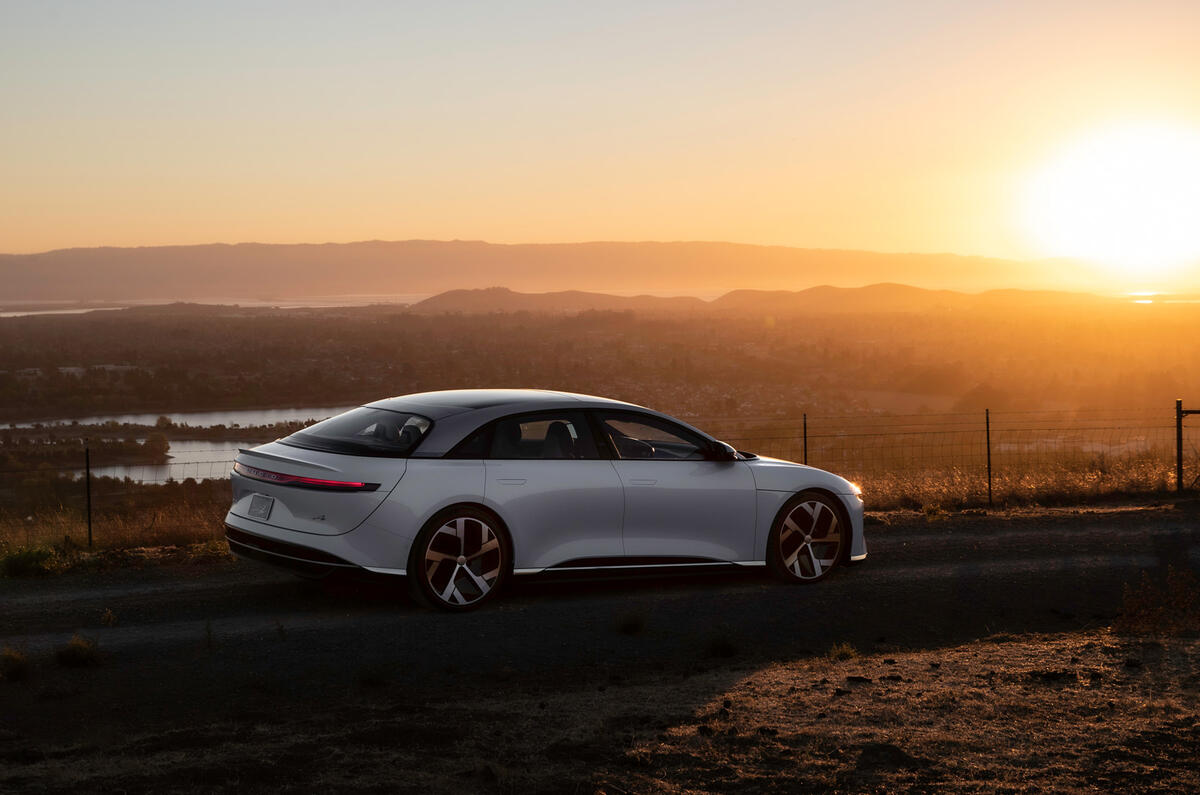
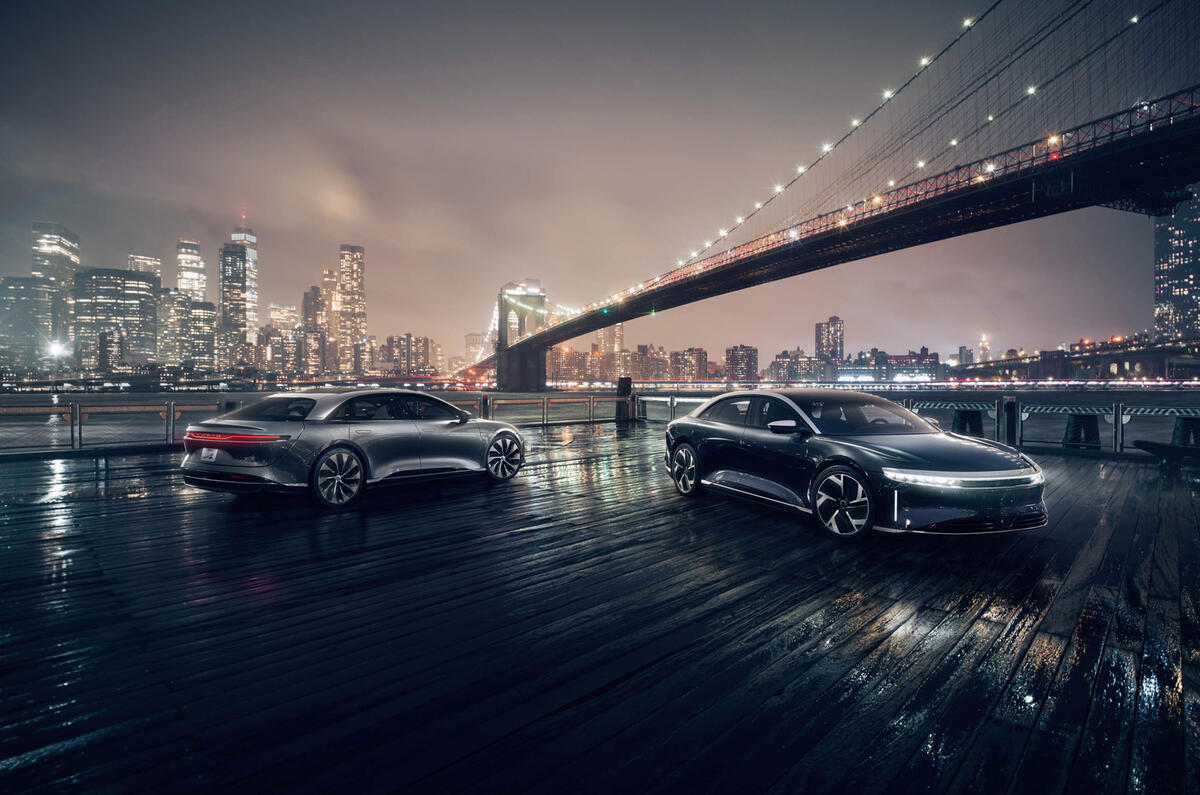

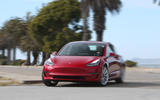
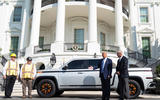
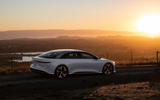



Join the debate
Add your comment
This entire article misses the point. Disruption comes from outside the sector. Think how Apple disrupted telecomms with the iPhone. At the time, there were loads of articles, exactly like the above, saying that the start-up products would struggle against the incumbents. Well they aren't saying that about Apple vs Nokia now are they? What is much more likely to happen in the car market is that some of the new EV companies will fly and some of the legacy automakers will decline significantly, just like Kodak, BlackBerry, Nokia and many others did. Some investors know this, which is why they are backing the new companies. It's also why Exxon Mobil dropped out of the Dow Jones Industrial Average. Times change and the tide is turning against fossil fuels.
It's difficult to decide if the current boom in EV start up's is like the Wild West or running in the Grand National,while Tesla is up and running and delivering cars, how can it's massive stock market valuation be justified by the amount of vehicles the company has actually delivered? While Tesla is a going concern how will the other start ups fare,the large established companies such as GM, Ford, Toyota and Volkswagen etc are not taking this lying down and already have their own EV's and they also have the sales and service network to support their customers. I think that's it's going to be like dawn of the automobile age with a lot of new entrants to the markets.quite a few failiures and a lot of consolidation into two or three dominant manufacturers,remember that it took sixty years for Chrysler,Ford & General Motors to become the big three,will history repeat itself?
Fisker should be brisker now, since he didn't show great large scale success in the past.